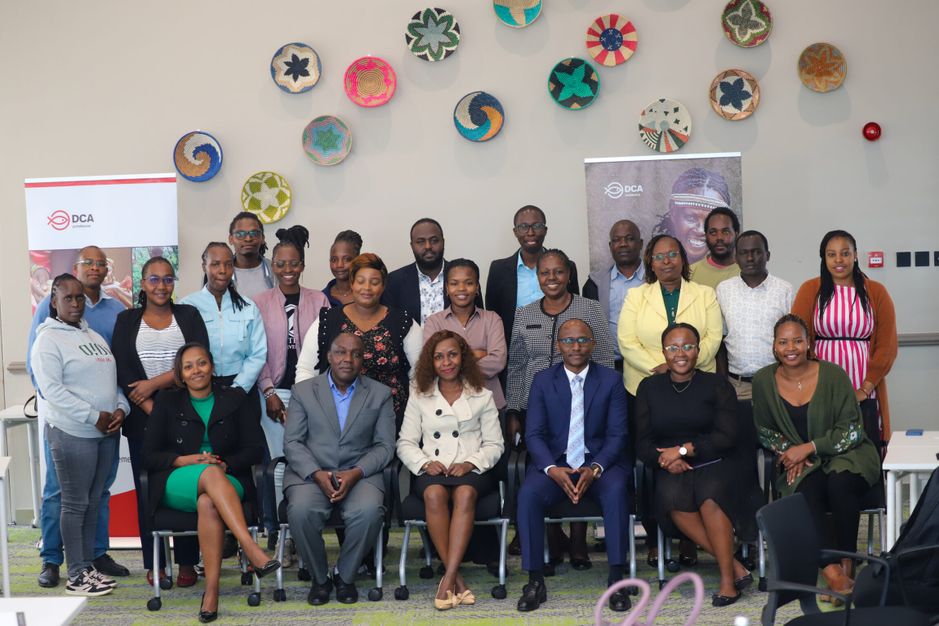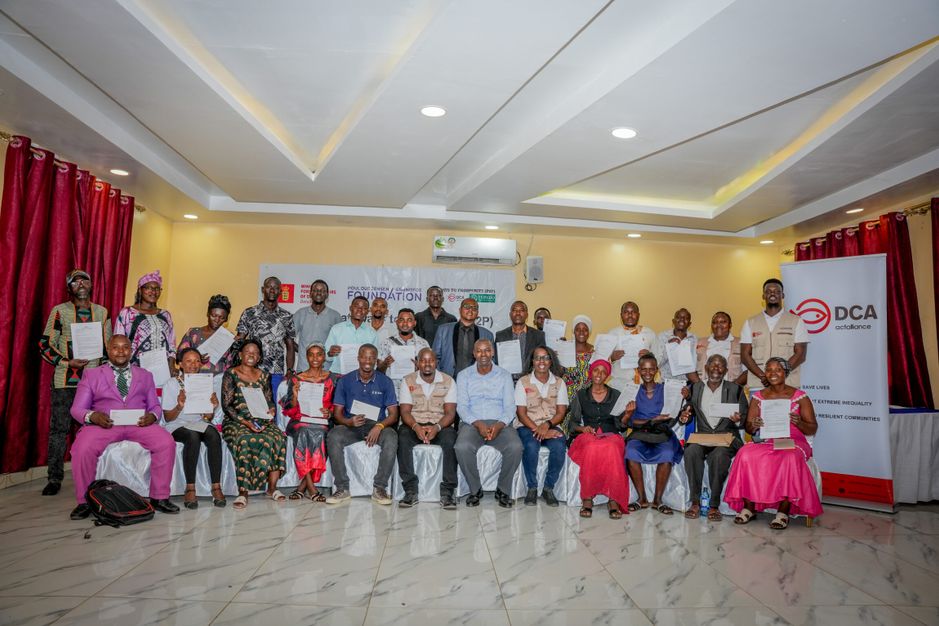The Issue
In Kenya, an estimated 40 to 50 percent of food is lost or wasted throughout the entire food chain as it goes from farm to fork. This figure is twice the global average, presenting a significant challenge to food security and economic development in the country.
A range of systemic challenges has contributed to the high levels of food loss in Kenya, including:
- Lack of Proper Food Storage: Many farmers lack access to facilities that can preserve perishable goods, especially fruits and vegetables.
- Inadequate Processing Infrastructure: Limited access to processing technologies prevents farmers and traders from adding value to their produce.
- Insufficient Cold Chain Logistics: Poorly developed cold chain networks hinder the safe transportation of perishable goods.
Several feasibility studies conducted by organisations such as ONE/Third, the Danish Embassy, and Food and Agriculture Organization/World Bank – show a critical need for cooling solutions. These studies highlight the potential of integrated value chain models and innovative financing approaches to address food loss and waste effectively.
The Project
The Loss to Value (L2V) Project is 4.5-year project funded by the Ministry of Foreign Affairs of Denmark (Danida) and implemented through Danida Green Business Partnerships. The project aims to tackle the pressing issue of food loss and waste, aligning closely with the Kenyan Government’s priorities and the global Sustainable Development Goal to ensure sustainable consumption and production patterns.
Food loss and waste remain critical challenges in Kenya’s agriculture sector, significantly impacting food security, economic growth, and environmental sustainability. The project focuses on providing scalable cold storage solutions to mitigate these losses. By addressing inefficiencies in the food supply chain, the project seeks to ensure that more agricultural produce reaches markets and consumers, thereby reducing waste.
One of the core objectives of the L2V project is to improve the livelihoods of smallholder farmers in Nyandarua and Nakuru Counties. These regions are renowned for their horticultural production, yet farmers often struggle with high levels of post-harvest losses due to inadequate storage and processing facilities.
The Change
The L2V project aims to reduce avoidable post-harvest losses by integrating farmers and traders into green value chains. The project seeks to increase investment in green and sustainable cold storage infrastructure, create decent jobs, and foster an enabling environment for dialogue and awareness around sustainable cold chain systems. These efforts support locally led climate actions, promoting environmentally friendly practices and resilience within Kenya’s agricultural sector.
The Results
The project has trained 779 farmers (335 women and 444 men) on Good Agricultural Practices, enhancing agronomy skills and export readiness. To address food loss, two farmer groups were selected to host 5 megawatts cooling units. One of the groups, the Ufumbuzi Cooperative hosted solar-powered unit, while another group, the Kiambariki Cooperative hosted grid-powered units. A third unit, supported by the County Government of Nyandarua, was operationalized at Aberdare Fresh Cooperative.
A total of 1,837 farmers (735 women and 1,102 men) and 250 traders (153 women and 97 men) from 28 farmer groups and five market associations have been engaged so far. In addition, 46 Training of Trainers sessions were conducted, and 40 lead farmers were trained. 20 agronomy demonstration sites reached 736 farmers.
Further, 2 farmers were supported to achieve compliance with the Global Good Agricultural Practices (GAP) standard and the national Kenya Standard 1758. Both are standards that recognize and ensure good agricultural practices.
Ten facility managers and 42 farmers has received technical training in cold chain management and food safety. Two business engagement and two county stakeholder workshops engaged 47 actors to align on financing models. Adoption of best practices reached 256 farmers (199M, 57F).
The Partners
Danfoss is a family-owned company that delivers innovative engineering solutions designed to enhance machine productivity, reduce emissions, minimize energy consumption, and drive electrification. Committed to creating long-term value for all stakeholders, Danfoss has partnered with DanChurchAid in the L2V Project . Through this partnership, Danfoss supplies key components used in assembling the sustainable cooling solutions deployed in Ufumbuzi and Kiambariki
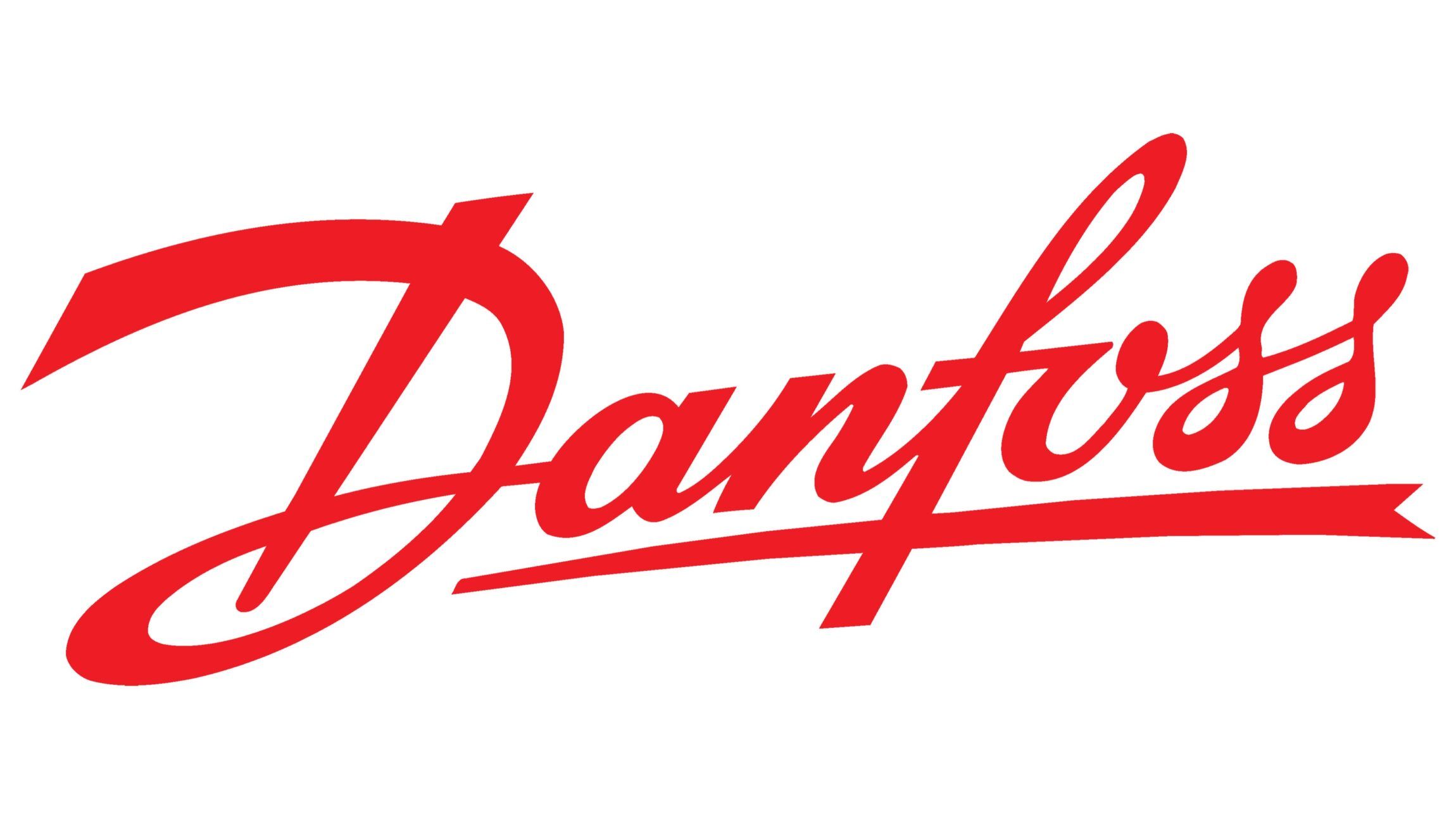
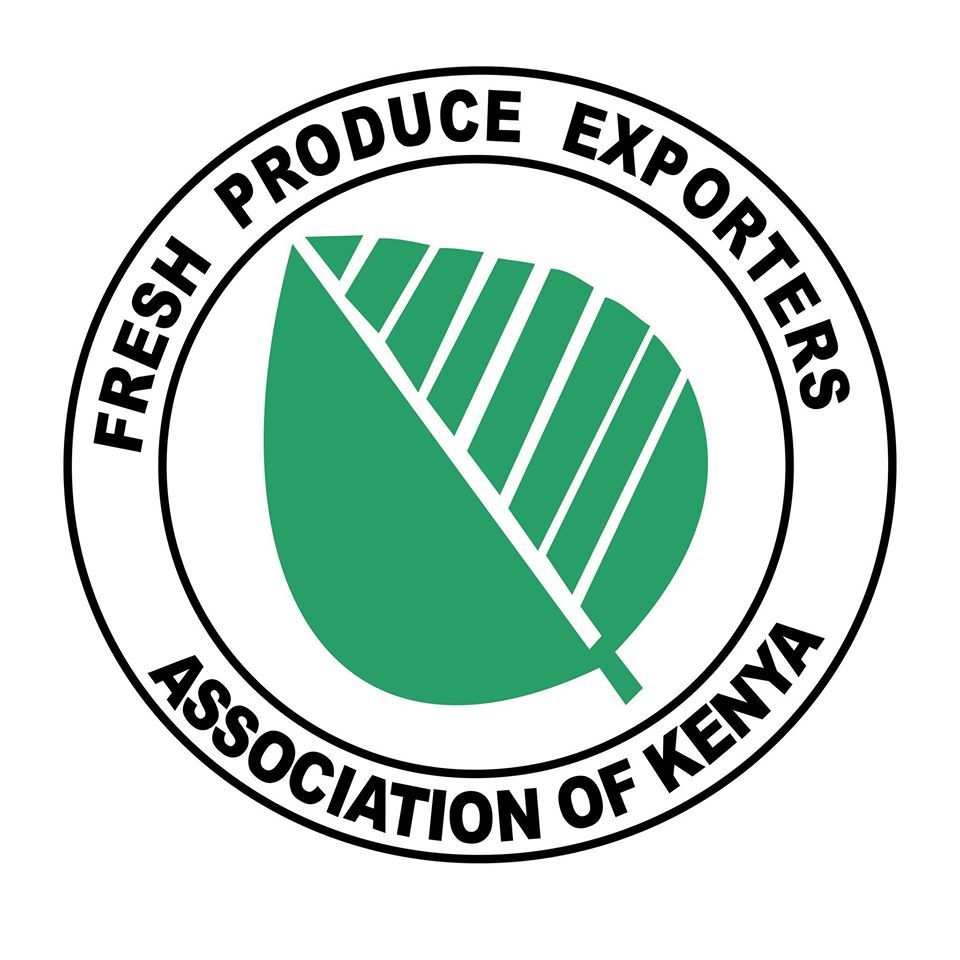
Fresh Produce Exporters Association of Kenya (FPEAK) is the premier trade association representing Kenya’s horticulture industry—including growers, fresh produce exporters, and value chain service providers. The association plays a critical role in the development of Kenya’s horticultural export sector, with a special focus on cut flowers, fruits, and vegetables.
As a central coordination and advocacy body, FPEAK equips its members with specialized agricultural training, current market intelligence, and technical support to meet international standards. Through strategic lobbying and partnerships, it works to expand global market access and improve the competitiveness of Kenyan produce.
Within the L2V Project project, FPEAK ensures farmers have reliable off-takers for their produce by opening access to international markets. To meet export standards, FPEAK conducts regular training sessions with farmers, ensuring quality compliance and sustained marketability.
Financial Sector Deepening Kenya (FSD) Kenya works to mobilize capital, particularly domestic private capital, to provide long-term financing solutions for Africa’s development goals and foster systemic transformation within financial markets.
As part of the L2V project, FSD Kenya contributes by designing innovative financial models aimed at making it easier for farmers to access and eventually own the cold storage units. These models are a critical step toward long-term sustainability and farmer-led growth within the agricultural value chain.
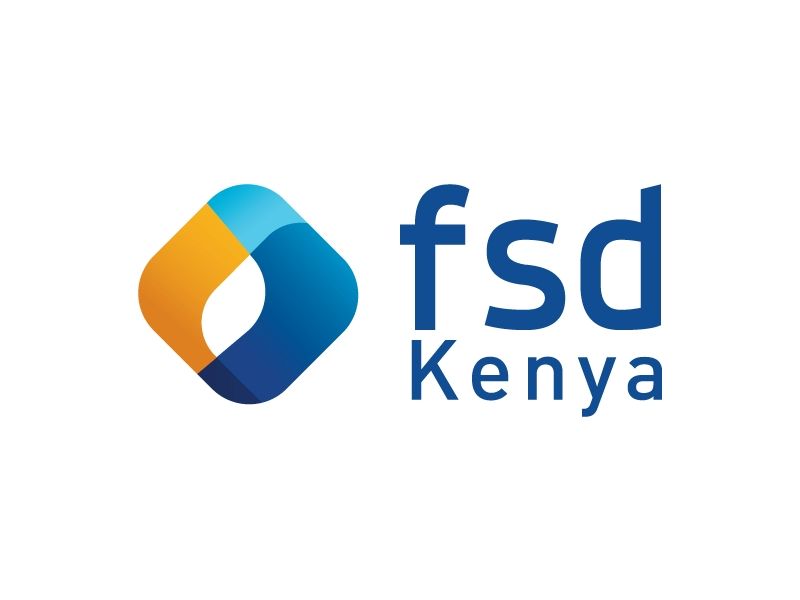
About the project
Full title: Loss to Value Project
Period: July 2023 – December 2027
DCA Theme: Building Resilient Communities
Funding: 10,025,892.00 DKK
Main Donor: Danida Green Business Partnership



